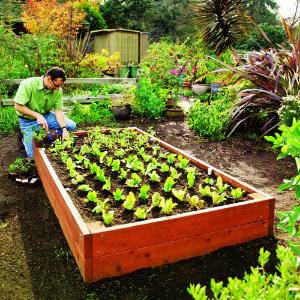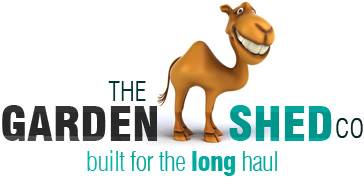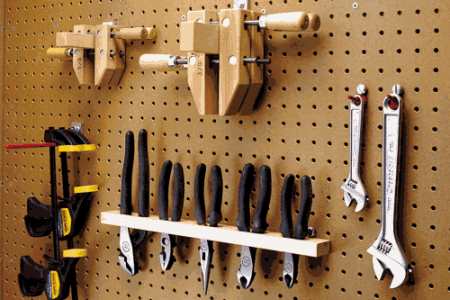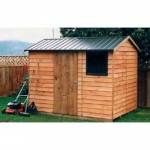Garden beds are a great addition to any garden
Whether you are an experienced or a beginning gardener, you will want two things from your garden: attractiveness and productivity. As any gardener knows, there are many obstacles on the way to those two things. You will be required to work hard and implement the right measures to ensure that your crops flourish. Raised garden beds are one of those measures and are suitable for both novices and long time gardeners. They are easy to set up and can eliminate many of the more common hindrances to your gardening success.
What are raised garden beds?
 Any method of raising the soil in one area could technically be considered a “raised garden bed;” however, the best way to implement these is as a frame with no bottom that is set into a shallow trench. You can use a variety of materials to make the frame, ranging from untreated lumber to bricks.
Any method of raising the soil in one area could technically be considered a “raised garden bed;” however, the best way to implement these is as a frame with no bottom that is set into a shallow trench. You can use a variety of materials to make the frame, ranging from untreated lumber to bricks.
Note that while wood is the most common material used to support garden beds, not all wood is suitable, especially if you are growing vegetables.
The chemicals used to treat untreated lumber may seep into the soil and into the vegetables you are growing. Use wood that has been treated safely or buy untreated wood and treat it yourself with linseed oil.
Benefits of raised garden beds
- Weed control is made easier by the fact that you can use treated garden soil as a means of keeping your garden free of weeds. If you opt to use regular soil from your yard, removing the weeds will be easier since you do not have to bend when tending the bed; the level of the bed is an important factor for older gardeners and those with back problems.
- Raised garden beds help to keep soil from becoming compacted. Soil compaction can limit root growth and prevent the soil from draining properly; both will harm your plants.
- Raised garden beds make it more difficult for common New Zealand garden pests like pear slugs to get to your crops.
- Raised garden beds prevent soil erosion without hindering drainage.
- With raised garden beds, you can set up your garden to suit your property. Uneven ground and other areas that may not be suitable for conventional row gardening may be made usable with a few raised beds.
Factors to keep in mind when constructing garden beds
Location
You will want to plant in an area that gets adequate sunlight at all times of day. Avoid planting in areas that may be shaded by large trees and make sure that you have enough space around the beds to allow you easy access.
Size
Keep the dimensions of your garden bed such that you are able to reach all of your plants easily from both sides.
Moisture
Soil in a raised bed is prone to drying out more quickly than soil in standard rows. You will need to water your garden more often and straw and/or compost may be used to slow the rate of evaporation.
In addition to making gardening easier, garden beds are neater than rows. Not only can they improve your yields, they can make your garden look neater and more organised. Overall, they are well worth the effort for a serious gardener.


